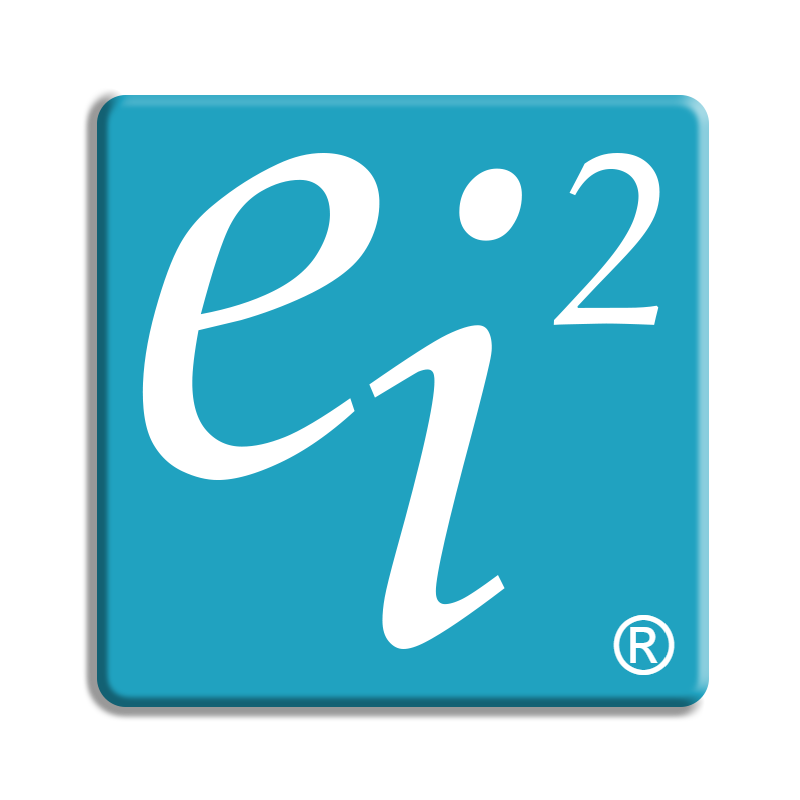When Big is not always Beautiful
In an age where value for money becomes a ‘go to’ catchphrase which defines many purchasing options from the fast food beef burger meal to the latest oversized crocodile skin designer tote, it is interesting to see that in many cases, value for money equates with something being ‘bigger’. So your burger is supersized rather than having a quality overhaul, the designer tote bag becomes bigger, but in a cheaper leather, the once intrepid traveller finds themselves on cruises or all inclusive package holidays because it really is good ‘value for money’ and throughout all of this the purchasing decision becomes dumbed down in a sea of marketing phrases which negates the desire to think, and say ‘hang on a minute, does this actually fulfil my specific needs?’
In the same way, tendering for a place on the preferred supplier list for big enterprise purchasing has become a pick and mix selection - dependant on your annual turnover, number of employees, number of existing contracts, and what extras you can offer. Can you fit the random criteria set, regardless of what function you are actually applying to provide? The selection process is often undertaken by an isolated procurement department who simply don’t have the knowledge or the understanding of the issues right now that need to be addressed, and thus find it difficult to make an informed decision on what is really the best value for money at that place and at that time.
And of course the irony is that after all that, you often can’t join the list unless you are already part of the ‘big boy network’ of existing suppliers.
Does a big business need a big data consultancy? Smaller businesses use us as a cost effective supplier who understands their issues from a management level and speaks their language in a way that helps their decision making. More and more we are also finding that medium to big sized enterprises are reaching out to smaller consultancies such as ei² for specialist functions on a project by project basis. In order to bypass procurement tethers, they actively encourage partnerships with other small companies who have battled their way on to the preferred supplier list. This is not because their bigger in house supplier is letting them down, rather that the processes in which purchasing decisions have to be made are holding them up.
Wandera highlights the advantages of employing a smaller vendor – it argues that from the CEO down, a smaller company is invested in ensuring that they do the best possible job, in many cases they are innovative enough to give you a strategic advantage, are able to deliver customised roadmaps and are generally more Bang for your Buck.
If there is an established issue (or even if there isn’t, but there are unanswered questions) a smaller consultancy can come in, identify the problem without running through a bigger teams’ filter down, compile and conduct the tests, recommend innovative solutions and get them implemented in a shorter span of time. Smaller consultancies are hungrier for the business from the CEO down and are therefore arguably more invested.
They comprise teams made up of consultants from mixed and varied backgrounds, rather than grown in house.
They are able to look at the problem and join the dots, rather than fill the spaces.
They can utilise what is there, rather than simply propose a whole system overhaul just because it is due.
And if a new system is actually needed, a small company can suggest alternative independent solutions rather than be tied to one software supplier.
In short, employing a smaller consultancy is often a better fit for the business and great value for money.
And guess what? You may even have enough left over to treat the whole department to that supersized burger…
Sarbani Bose is Managing Director of ei² niche consulting for #data #insights #performance www.eisquare.co.uk



